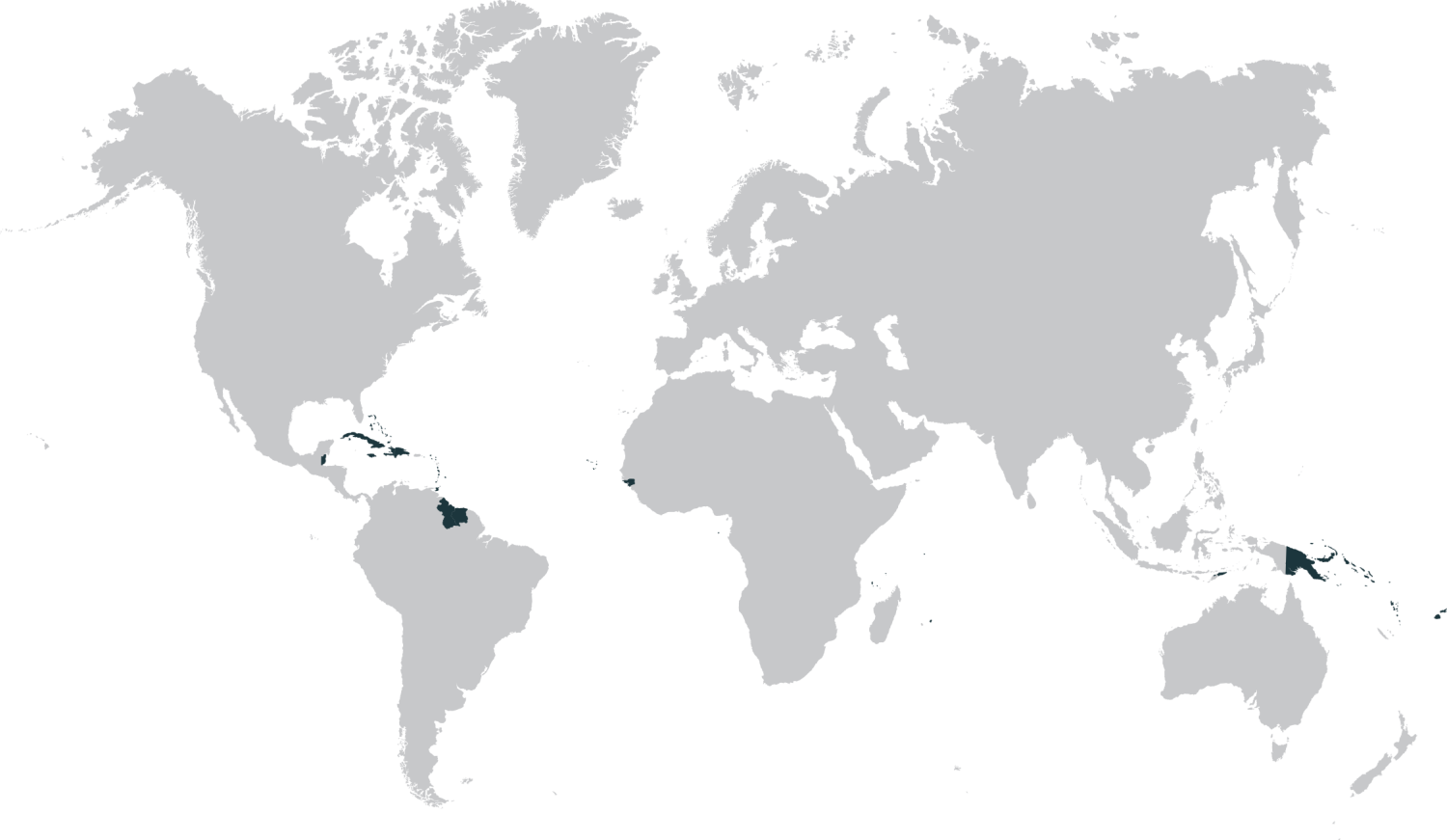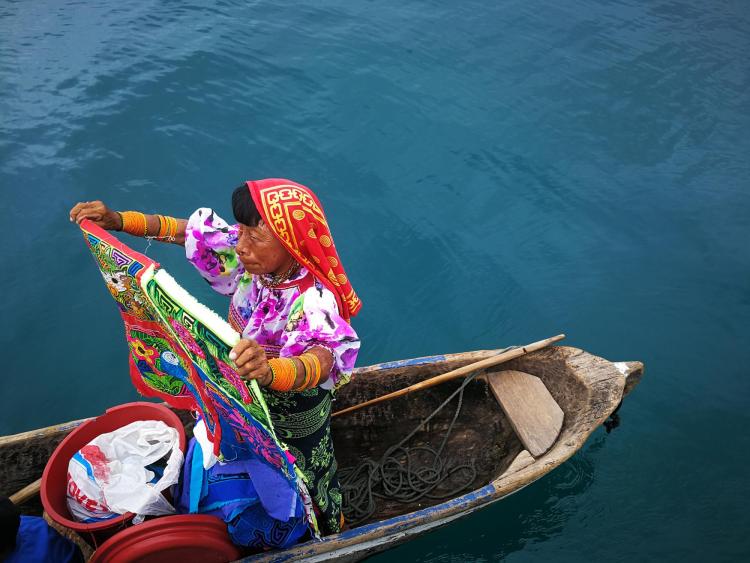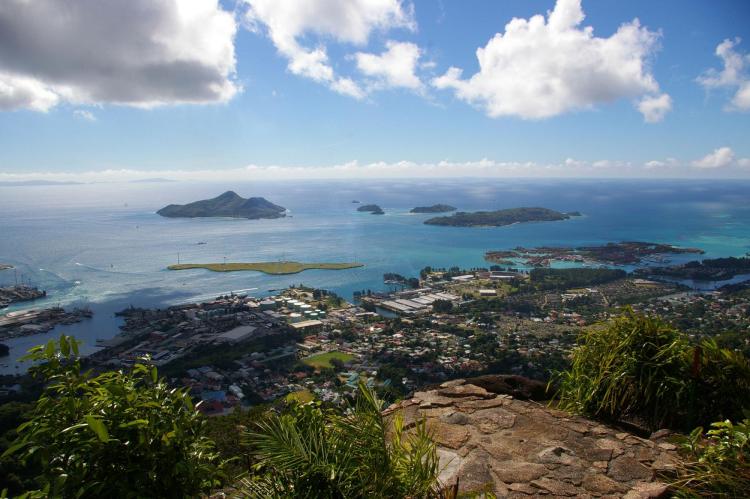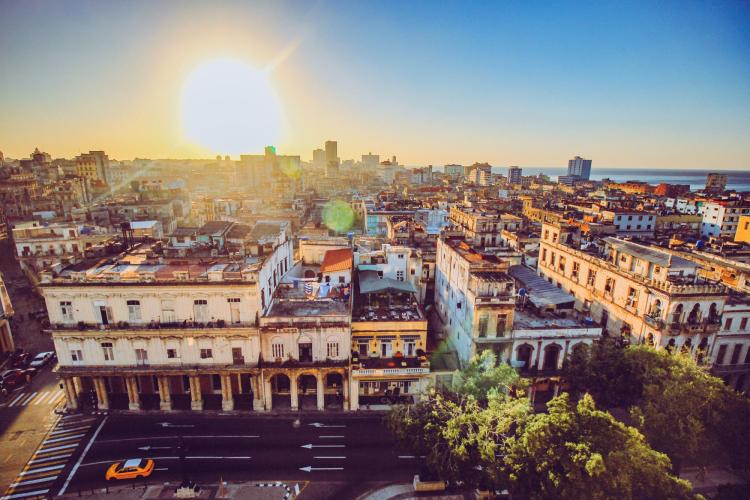Impacts on small islands: Getting ready ‘for whatever is to come’
Marshall Islands • Small Islands
Small island states are experiencing sea level rise, increasingly extreme weather events and storms. Rising seas create many problems for their residents—loss of infrastructure and homes that affect peoples’ basic human rights, including the right to adequate housing, the right to development, and cultural and territorial rights.
Kathy Jetnil-Kijiner, a poet and climate activist in the Marshall Islands, reflects on how her country has tried different techniques to no avail.
“In the past, our country has focused really heavily on mitigation; we focused on trying to get countries around the world to lower emissions,” she said. But she’s hopeful about the direction Marshall Island residents are moving toward.
“Adaptation allows us to take a more personal, introspective look at our country and our nation, and make sure that we are ready first for whatever is to come.”
The Marshall Islands, one of the 38 places within the Small Island Developing States (SIDS), is developing a 10-year plan to outline adaptation techniques in response to climate change. Their responses to increasing vulnerability go beyond a reaction to emergencies to chart a possible path for other countries that might eventually face comparable challenges, even though their people live far from the water’s edge.
To read the full story, visit the World Bank.

“In the past, our country has focused really heavily on mitigation; we focused on trying to get countries around the world to lower emissions.”
—Kathy Jetnil-Kijiner
Poet and climate activist

~400 million Indigenous people face threats to their rights to culture, as well as their collective rights to development and self-determination, due to their strong connection to nature

38 member islands are within the UN Small Island Developing States

+600 million people live in coastal zones that are less than 10 meters above sea level


